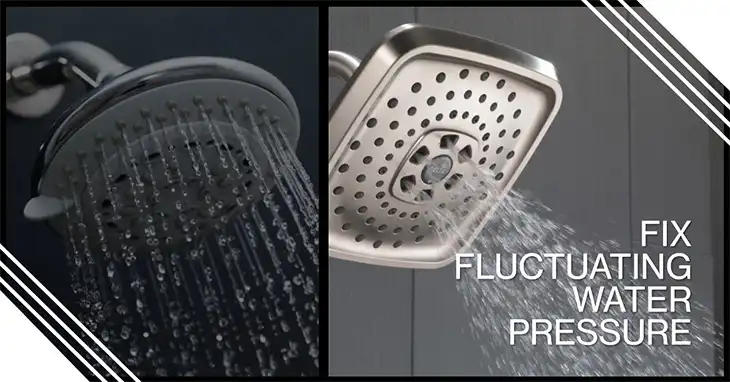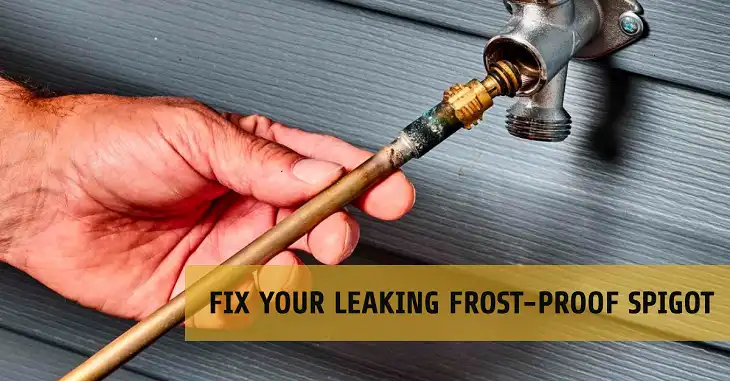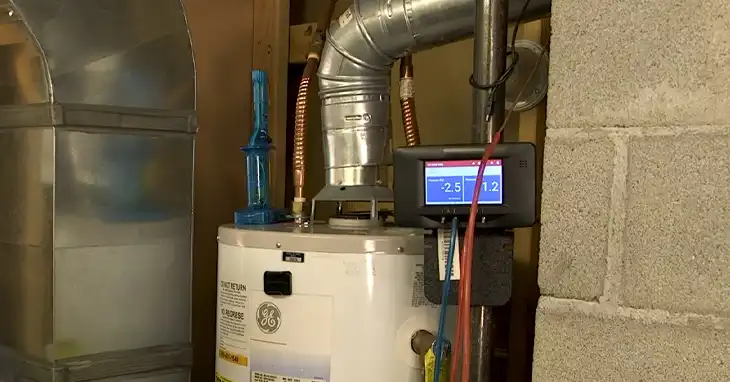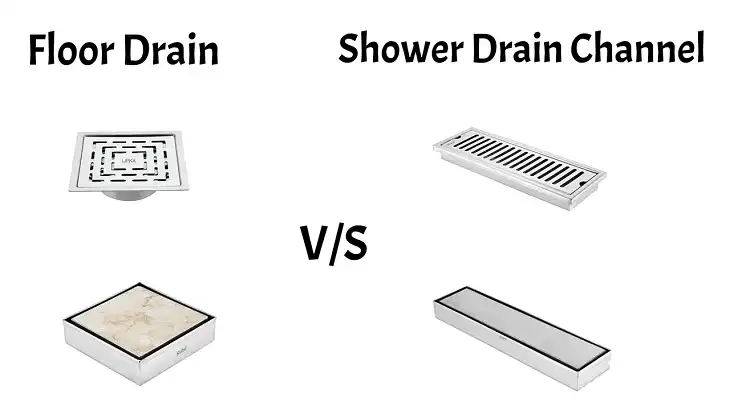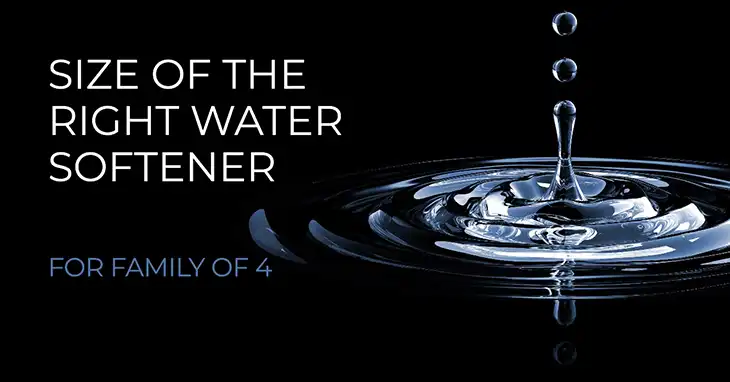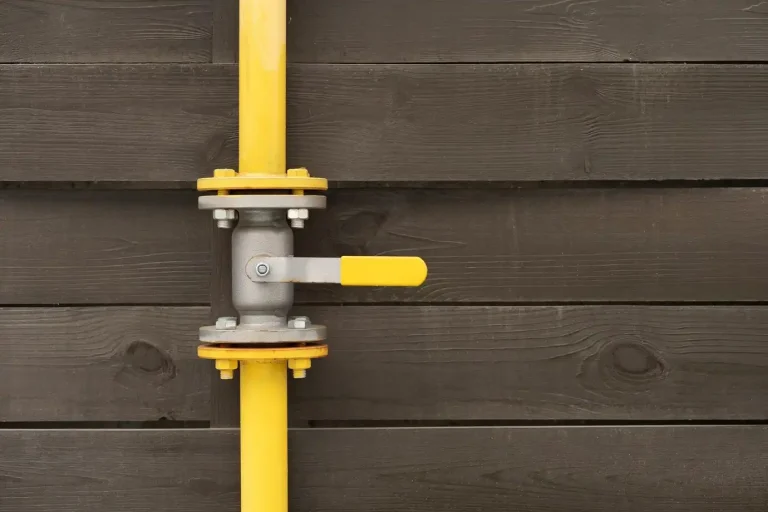How To Fix Dishwasher And Garbage Disposal That’s Not Draining
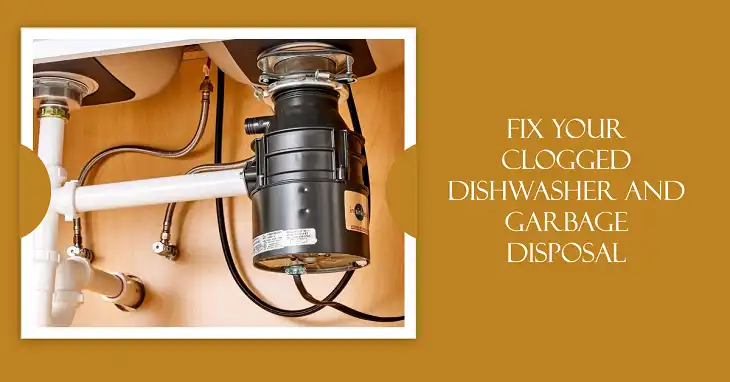
A dishwasher and garbage disposal that aren’t draining properly can be frustrating and may indicate a clog or mechanical issue. When these two appliances are connected, a problem with one can impact the other. Typically, the dishwasher and garbage disposal share the same drainage system, so a blockage in one will prevent the other from draining. This guide will help you diagnose and resolve the issue, restoring proper drainage for both appliances.
What Causes Drainage Problems in Dishwashers and Garbage Disposals?
A common reason for drainage problems is a blockage somewhere in the drainage system, which could be caused by food debris, grease buildup, or a malfunctioning component. Sometimes, it’s as simple as a clogged hose or a blocked drain plug. In other cases, it may involve a damaged pump or motor in the dishwasher or a jammed grinding mechanism in the garbage disposal.
How Are Dishwashers and Garbage Disposals Connected?
Understanding the plumbing setup helps pinpoint the source of the problem. Dishwashers typically drain through a hose connected to the garbage disposal. If the garbage disposal isn’t working correctly or is clogged, it can cause water to back up into the dishwasher. When fixing the drainage issue, it’s essential to address both appliances to ensure the entire drainage system is clear.
How to Fix a Dishwasher That’s Not Draining

If your dishwasher isn’t draining properly, follow these steps:
- Check the Dishwasher Filter and Drain Basket
Start by inspecting the dishwasher’s filter and drain basket, usually located at the bottom of the appliance. Remove any food debris or obstructions that might be preventing water from draining.
- Inspect the Drain Hose
The drain hose connects the dishwasher to either the garbage disposal or a separate drain pipe. Look for kinks, clogs, or damage in the hose. If the hose is blocked, try using a long, flexible brush or a plumber’s snake to clear the obstruction.
- Check the Drain Pump
The drain pump is responsible for pushing water out of the dishwasher. If it’s malfunctioning, water won’t drain, leading to pooling at the bottom of the machine. Listen for unusual noises (e.g., humming or rattling), which could indicate a pump problem. If you suspect an issue, the pump may need to be replaced.
- Unclog the Air Gap (if applicable)
Some dishwashers have an air gap installed on the countertop. If water or debris is visible in the air gap, it means the drain hose is blocked. Clean the air gap by removing the cap and clearing any debris.
How to Fix a Garbage Disposal That’s Not Draining

If the garbage disposal is causing drainage issues, follow these steps:
- Reset the Garbage Disposal
Most garbage disposals have a reset button located at the bottom. Press the button to reset the disposal and see if this resolves the issue.
- Clear Any Obstructions in the Disposal
If the disposal is jammed, it won’t grind food particles properly, causing a blockage. Turn off the power, use a flashlight to look inside, and remove any visible obstructions using tongs or pliers. Never use your hands inside the disposal.
- Check the Disposal’s Drain Plug
When a garbage disposal is newly installed, the drain plug (a small plastic plug inside the drainpipe) may not have been removed. This plug blocks the dishwasher’s drain line, causing water to back up. Remove the drain plug if it’s still intact.
- Inspect the P-Trap for Clogs
The P-trap (the curved pipe under your sink) may be clogged with food particles, grease, or other debris. Place a bucket underneath, unscrew the trap, and clean it out to restore proper drainage.
How to Fix a Dishwasher and Garbage Disposal That Aren’t Draining Together

If both the dishwasher and garbage disposal aren’t draining, the issue likely lies within the shared drainage system. Here’s what to do:
- Turn Off the Power to Both Appliances
Before working on the appliances, always turn off the power at the circuit breaker to prevent electrical shock.
- Check for Blockages in the Shared Drain Hose
The drain hose that connects the dishwasher to the garbage disposal may be clogged. Detach the hose and clean it thoroughly.
- Clean Out the Dishwasher’s Filter and Drain
Remove any standing water in the dishwasher, take out the filter, and clean it to ensure that the water flows freely through the drain.
- Run the Garbage Disposal to Clear Debris
Turn the power back on and run the garbage disposal for a few minutes. This helps clear out any debris that may be blocking the shared drain.
How to Prevent Future Drainage Issues
To avoid drainage issues in the future, follow these maintenance tips:
- Regularly Clean the Dishwasher Filter: Remove and rinse the filter every few weeks to prevent clogs.
- Use the Garbage Disposal Correctly: Always run water before, during, and after using the disposal to ensure food particles are flushed through.
- Avoid Putting Grease and Large Food Pieces Down the Disposal: Grease can solidify and create blockages, while large pieces of food can jam the blades.
- Run the Dishwasher and Disposal Frequently: Regular use prevents buildup and keeps water flowing smoothly through the system.
Final Thoughts
Fixing a dishwasher and garbage disposal that aren’t draining can be straightforward if the problem is minor, such as a clogged filter or hose. However, more serious issues may require professional assistance. By understanding how these appliances are connected and addressing both components, you can resolve most drainage problems and keep your kitchen running smoothly.
FAQs
Why is my dishwasher backing up into the sink?
If the dishwasher is backing up into the sink, it usually means there’s a clog in the shared drain line or garbage disposal. Clearing the blockage in the disposal or drain hose should resolve the issue.
Why does my garbage disposal stop draining after I run the dishwasher?
This can happen if there’s a clog in the shared drain pipe. Food particles from the dishwasher may be getting trapped in the garbage disposal, preventing proper drainage.
How often should I clean my dishwasher filter?
It’s recommended to clean the dishwasher filter every 1–3 months, depending on how frequently you use the appliance. Regular cleaning prevents clogs and ensures efficient drainage.
Can I use chemical drain cleaners to fix the problem?
It’s not advisable to use chemical drain cleaners in a dishwasher or garbage disposal, as they can damage the rubber components. Instead, try using a plunger or a drain snake to clear clogs.
Should I run the garbage disposal before starting the dishwasher?
Yes, it’s a good idea to run the garbage disposal before using the dishwasher. This clears the drain and prevents any potential blockages that could affect both appliances.

